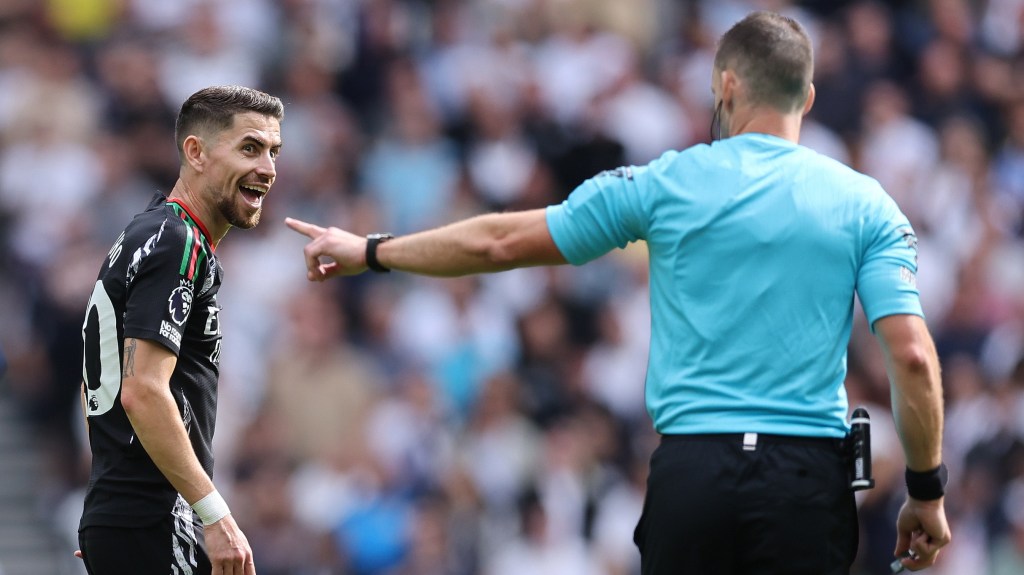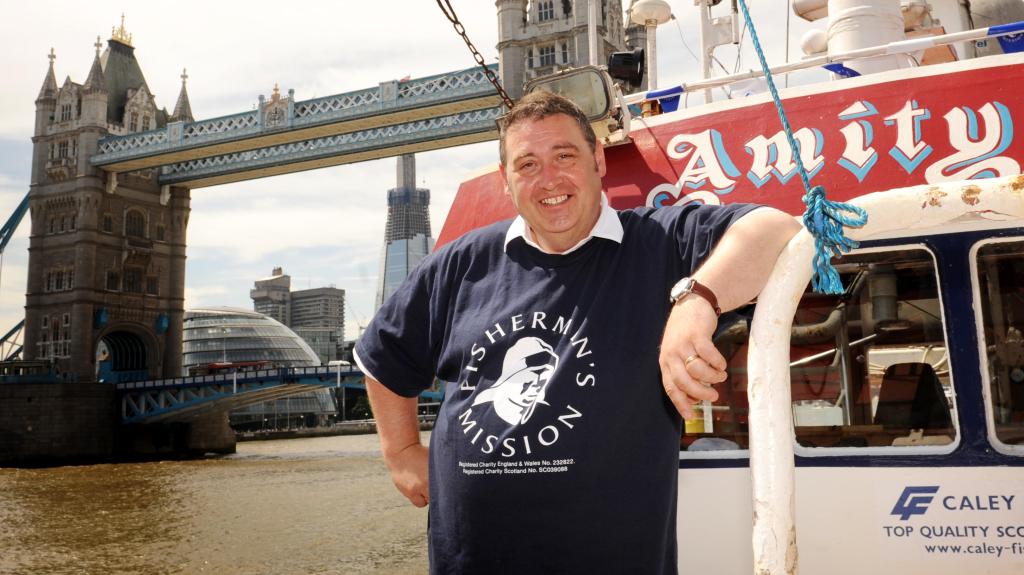Implications of Recent Supreme Court Ruling for Self-Employed Workers and Referees
Self-employed individuals are facing the prospect of increased scrutiny regarding their earnings, following a recent decision by the Supreme Court. The court dismissed an appeal from the Professional Game Match Officials Limited (PGMOL), leading to a significant employment tax liability of £584,000.
PGMOL, responsible for assigning referees in various tiers of English football, including the Premier League and FA Cup, argued that many of their referees work part-time while maintaining other full-time jobs. This legal dispute centers around the employment classification of 60 referees during the tax years 2014-15 and 2015-16. HM Revenue & Customs (HMRC) contended that these referees should be classified as employees rather than freelancers, thereby qualifying for appropriate taxation and remuneration.

HMRC asserted that income tax and national insurance must be deducted directly from the referees’ earnings instead of allowing them to manage their tax affairs independently.
After a protracted six-year legal battle, PGMOL appealed the tax bill issued in 2018. Initially reviewed by a first-tier tribunal, the case ultimately reached the Supreme Court in June 2023, which ruled in favor of HMRC but remitted the case back for further consideration without a conclusive resolution.
Legal experts, including Waqar Shah from Kingsley Napley, suggested that HMRC may intensify investigations into freelance workers and their employers to generate further tax revenue. Andrew Chamberlain from the Association of Independent Professionals and the Self-Employed commented, “This ruling complicates the landscape for self-employed individuals. With ongoing pressure on HMRC to address the tax gap, they may intensify scrutiny on self-employed businesses, potentially influenced by this ruling.”
The PGMOL case reflects broader issues surrounding employment status, as HMRC continues to pursue cases against freelancers and public figures for unpaid taxes. This enforcement is largely dictated by off-payroll working rules, known as IR35, which are designed to ensure that workers using an intermediary company pay similar taxes to traditional employees.
Staying off payroll can present significant tax advantages. Freelancers often pay themselves a minimal salary while taking the majority of their income through dividends, which are taxed at lower rates compared to regular income. This arrangement allows companies to avoid additional costs such as employer national insurance, holiday pay, and pension contributions.
However, determining an individual’s employment status can be complicated, as legal definitions of employment are not always clear. This ambiguity has led to various contentious situations involving HMRC.
High-profile TV personalities like Gary Lineker and Lorraine Kelly have become embroiled in tax disputes with HMRC, which classified them as disguised employees based on their primary income sources. Lineker, for instance, recently won a case regarding a £4.9 million tax bill related to his roles with BBC and BT Sport.
Kelly also successfully contested a £1.2 million tax liability, with a judge deeming her a “self-employed star” rather than an ITV employee. On the other hand, Adrian Chiles continues to battle HMRC over a £1.7 million tax issue, with his case currently sent back to the first-tier tribunal for reassessment.
In its findings, the Supreme Court confirmed that two out of three criteria for establishing an employment relationship for tax purposes were satisfied, including an observable “mutuality of obligation” and a level of control over the referees.
Despite this, the case is not yet resolved, as the lower court must reevaluate the information presented. A hearing date has not been established, and it is likely to take some time for a resolution.
David Klass from Hill Dickinson remarked that even the current lack of a final ruling may discourage companies from hiring self-employed individuals, as they exercise greater caution in employment classifications.
Additionally, having more workers classified as employees, with automatic tax deductions, could positively influence tax collection efforts. The tax gap in the UK was estimated at 4.8 percent for the 2022-23 fiscal year, translating to around £40 billion.
With Labour’s commitment to bolster HMRC’s initiatives against tax avoidance by allocating £855 million annually, there are expectations to recoup approximately £5 billion in net revenue by the end of their parliamentary term.
Kaye Adams, who previously won legal battles against HMRC over her self-employed status, voiced concerns regarding the implications of the PGMOL decision for freelancers, stating, “This judgment adds to the ongoing confusion for self-employed individuals. After ten years, the Supreme Court’s remittance of the case signifies a return to uncertainty regarding employment definitions in this realm.”
Tax adviser Matt Crawford indicated that many freelancers entangled in IR35 disputes may now weigh the benefits of settling their outstanding tax obligations with HMRC, given the changing tide in legal rulings.
In response to the ruling, HMRC maintained its longstanding position on employment status law, asserting that it sees no need to increase investigations stemming from this judgment.




Post Comment